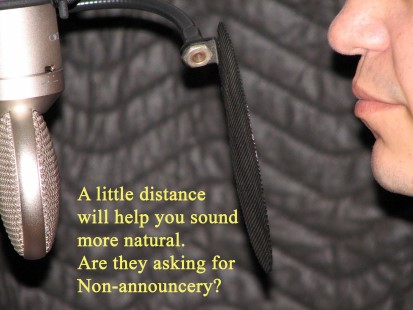 'Please Donít Swallow The Mic!'
Rants From An Audio Engineer ...
By Juan Carlos Bagnell
Audio Engineer
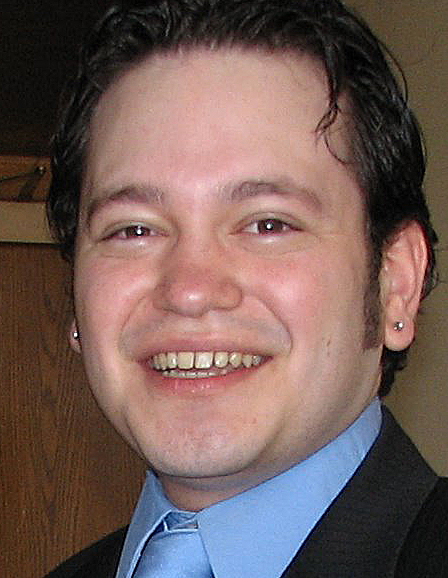 OK voice actors. I've got a bone to pick. OK voice actors. I've got a bone to pick. I regularly run into actors who don't know what they're doing in front of the microphone. Actually, to be fair, they often know what it is they're doing, but they rarely know why they do it. A prime example of this is the proximity effect.
Loosely put, this states that the closer you get to a directional microphone, the more pronounced low frequency sound will become.
This is a good thing for a VO person to know. If you need to enrich the voice a little, well, move a little closer to the mic. Neat! Now we can all sound like James Earl Jones!
Yeah, but no ...
SMASHINGLY BAD
I find this little "trick" is almost always misused, over-used, or done incorrectly.
For instance, I'll be in the middle of a casting session, mics set up for the talent, pop screen appropriately placed for a good sound, and what's the first thing the talent will invariably do?
Smash the screen right up on the grill of the microphone. The idea being that if they are lipping my mic, they'll sound big and rich and full.
TOO CLOSE!
While true to a point, the human voice really isn't deep enough to warrant being that close to a mic.
After a certain distance, you're not making your voice any rich-er or full-er.
You know what you are doing, though? You're rendering the pop screen almost completely ineffective, opening your recording up for all kinds of plosives, and possibly damaging the diaphragm of the microphone.
See, pop screens work by diffusing, redirecting, and reflecting puffs of air. By moving the screen right on top of the mic, air passing through the screen doesn't have a chance to be redirected, and will end up hitting the mic's diaphragm. Hello 'P' pop! DAMAGES THE MIC
When working at distances of millimeters, those little puffs of air can create substantial pressure and concussive force on the microphone.
Add in a greater likelihood of moisture (from breath and spit), and the possibility of contaminants (like the build-up from a smokers lung), and it's incredible that these mics last as long as they do.
This brings up another quick point. If I'm running a busy casting session, how often do you think I'm able to clean that screen? How many people do you think will be recording off of it? I was already a germ-a-phobe before doing so much booth work, now ... (shrug).
ISNíT REAL, ANYWAY
Also, I'm not sure the "proximity read" is really helping people accomplish what they want, like booking more jobs.
What's often the first thing we see on audition copy?
By reading so close to the mic, you're creating the technical version of the sound that producers say they don't want, namely a big fat voice that feels like someone is talking at you, right between you're eyes.
There's nothing natural about this sound. There's no sense of space - of the character you're creating being a real person in a room talking to the audience.
PARTNER PROXIMITY
This has become more and more of a problem with the partner reads I need to audition. Lately, it's become a race to see who can swallow their mic the fastest.
After calling the group in, there's an instant flurry of activity as the actors position themselves on their mics, so there's no possible way they could ever really relate to each other and, you know, act.
The result is often a very sterile "I'll wait for the other guy to stop speaking so I can say my line" audition.
That doesn't book. People who sound natural and can riff, book.
The proximity read in a partner setting makes you sound unnatural at best, and at worst selfish, especially if you have a partner who isn't joining you in lipping the mic.
PLEASE DONíT SWALLOW
Just to make that pairing competitive, I now have to create conflict by asking the actors not to do what they're doing.
I've yet to find a one-size-fits-all solution to asking an actor to act instead of swallow my mic. I tend to get attitude, or a response that might seem to indicate that they think I don't know what I'm doing.
Why wouldn't they want their voices to sound big and fat?
Sigh ... Right lesson, wrong time... BUT IF YOU MUST ...
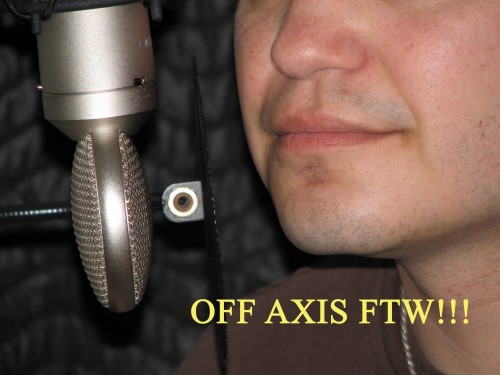 If you must proximity read, make sure you're doing it right: If you must proximity read, make sure you're doing it right:
At the end of the day, the proximity effect is just that, something you do for effect, not all the time.
Note: Also see Mic Use: How Close Can I Get To A Shotgun Without Blasting? by Juan Carlos Bagnell.
Juan Carlos Bagnell, aka "Some Audio Guy,Ē is a veteran audio engineer who writes a highly entertaining and informative blog: Ramblings of Some Audio Guy. Email: someaudioguy@gmail.com
|
|
|
Tell Us What YOU Think!
Please Note: Since we check for spam, there will be a slight delay in the actual posting of your comment.
Comments
No comments have been posted yet. Hurry, and you could be the first!

.png)
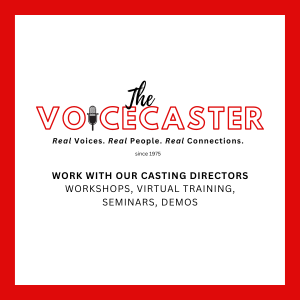



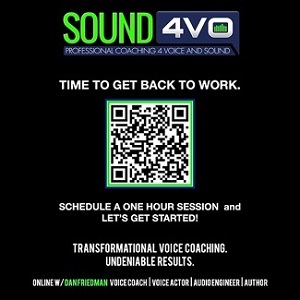


click for new article alerts